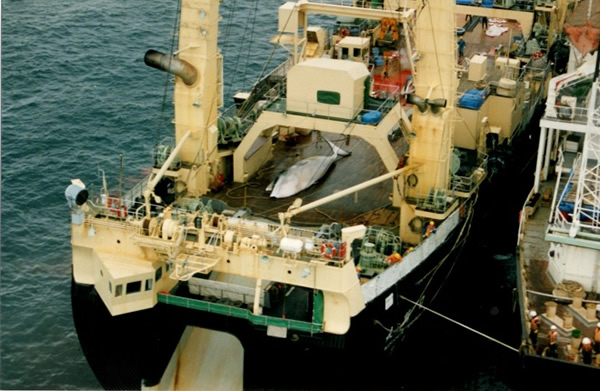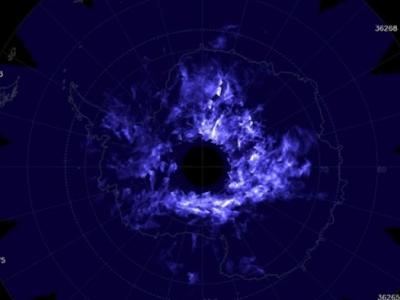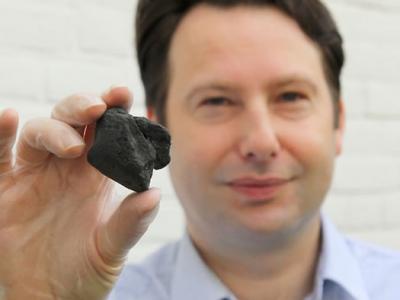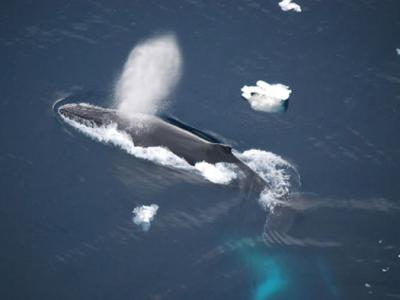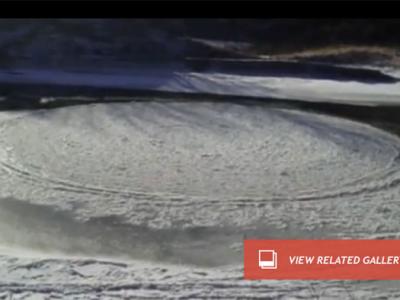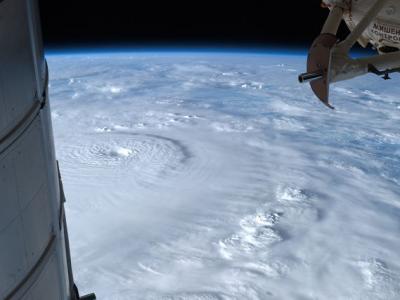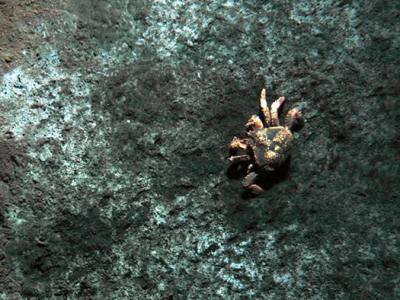Japan Whaling On Choppy Seas
Japan Whaling On Choppy Seas
Japan’s increasingly beleaguered whaling industry has taken lumps from inside and outside the country in recent day. Australia is demanding Tokyo withdraw its “research whaling” fleet from the Southern Ocean, and a new report based on Japanese government data shows that whaling remains afloat only because of massive taxpayer subsidies.
Australia’s call came following revelations that a support vessel for Japan’s whaling fleet, the Shonan Maru No.2, had entered the 200-mile Exclusive Economic Zone around Australia’s subantarctic Macquarie Island en route to the whaling grounds.
(Australia also claims the Antarctic waters in which the whaling fleet is operating; it is one of seven nations to claim Antarctic territory, although these claims have been effectively “frozen” – neither recognized nor disputed – by the Antarctic Treaty of 1959.)
“Australia has made it clear to Japan on a number of occasions that vessels associated with its whaling program are not welcome,” the country’s environment minister Tony Burke said in a statement. “Our embassy in Tokyo has conveyed these sentiments directly to the Japanese government.”
Australia has taken its protest against Japan’s whaling to the International Court of Justice in The Hague, arguing that Tokyo’s claims to be hunting whales for scientific research “can not be justified” under the terms of the International Convention for the Regulation of Whaling, the convention on which the International Whaling Commission is based. New Zealand has subsequently joined that case, which is expected to be heard in June or July.
Japanese officials frequently defend their country’s whaling by arguing that it is traditional activity that provides much-needed and much-desired meat for its people – claims that have been found wanting by a new report, which uses Japanese government data to show that whale meat is far from popular and that left to its own devices, the whaling industry would collapse.
The report, called The Economics of Japanese Whaling and published by the International Fund for Animal Welfare (IFAW), was released at a press conference in Tokyo on Tuesday. (Full disclosure – the report was partly written by the author of this blog.) It compiled information collected on its behalf by Japanese companies including E-Square and the Nippon Research Center to demonstrate, among other things, that:
•Whale meat consumption in Japan is now a mere 1 percent of its peak in the 1960s
•Current stockpiles of unsold whale meat have increased to nearly 5,000 tonnes and are more than four times greater what they were 15 years ago
•A majority of Japanese are indifferent to whaling; and 89 percent say they have not bought any whale meat in the past 12 months
•The whaling industry is able to survive only because of massive government taxpayer subsidies. Annual government subsidies for Japanese whaling average around 782 million yen (US $9.78m), but in 2011 increased by around 2.28 billion yen (US $28.55m).
•That 2011 subsidy increase came from the diversion of earthquake reconstruction funds that had been earmarked for tsunami relief.
IFAW argues that a more productive and potentially profitable whale-based industry meriting Japanese government support is whale watching, which is growing in popularity in that country’s waters and in 2008 generated approximately $22 million in income.
“The good people of Japan are paying billions to support a dying industry,” said IFAW Whale Program Director Patrick Ramage. “If their government wants to generate income and help coastal communities, it should support whale watching. Whaling is an economic loser in the 21st century.”
Feb 6, 2013 11:08 AM ET by Kieran Mulvaney
